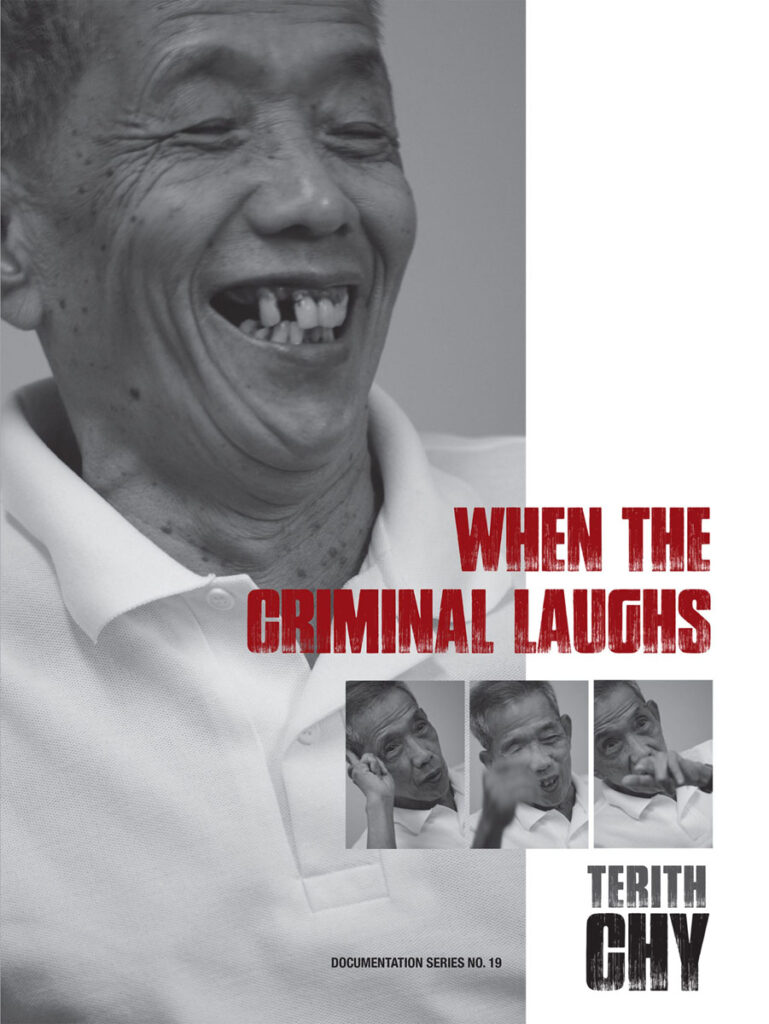This study of the trial of the Cambodian mass murderer Duch provides the first micro-level analysis of the personality of the defendant, victim interaction, trial structure alongside the wider history and culture of both Cambodia and war crimes trials. As such it provides a unique insight into the relationship between concepts of evil, the psychology of war criminals and the international (criminal) trial process that has lessons for both the restorative movement and the structure of war crimes and international trials. In particular, this resource book looks at the microsociological dynamics, in which the individuals in the trial are both shaped by, and shape, the outcome and meaning of justice. It argues that Duch is more than just a cog in the machine in the sense that he, although following orders, personally and willingly perpetuated the consequences and enjoyed his absolute power. During his trial, Duch made efforts to co-operate, but sought acquittal at the end. For this, his efforts were seen as insincere. This research argues that his apology and remorse were genuine. It suggests that confrontation, disappointments, and conflicting defense strategies had collectively contributed to Duch’s changing decision. His personality and frequent challenges by Duch and his lawyers were the cause of aggressive exchanges. Such confrontation and contestations made other parties – i.e. victims – believe he was in denial. Duch was accordingly doubly disappointed for failing himself and his victims. Besides, his co-counsels employed conflicting strategies. His international counsel presented Duch as a remorseful accused who largely admitted legal responsibility, while his national counsel presented him as a scapegoat. Through the trial, Duch was convinced that he had become a “scapegoat” and that it was unjust to prosecute him alone. Finally, this research concluded that Duch’s contribution made his trial the most important achievement by the tribunal. Together with this analysis of the Duch and his trial, the book will contain a recent interview with Duch while in detention at the Khmer Rouge Tribunal and many stories of his victims.
Funding for this project was generously provided by Norwegian Goverment and the Unites States Agency for International Development (USAID).

